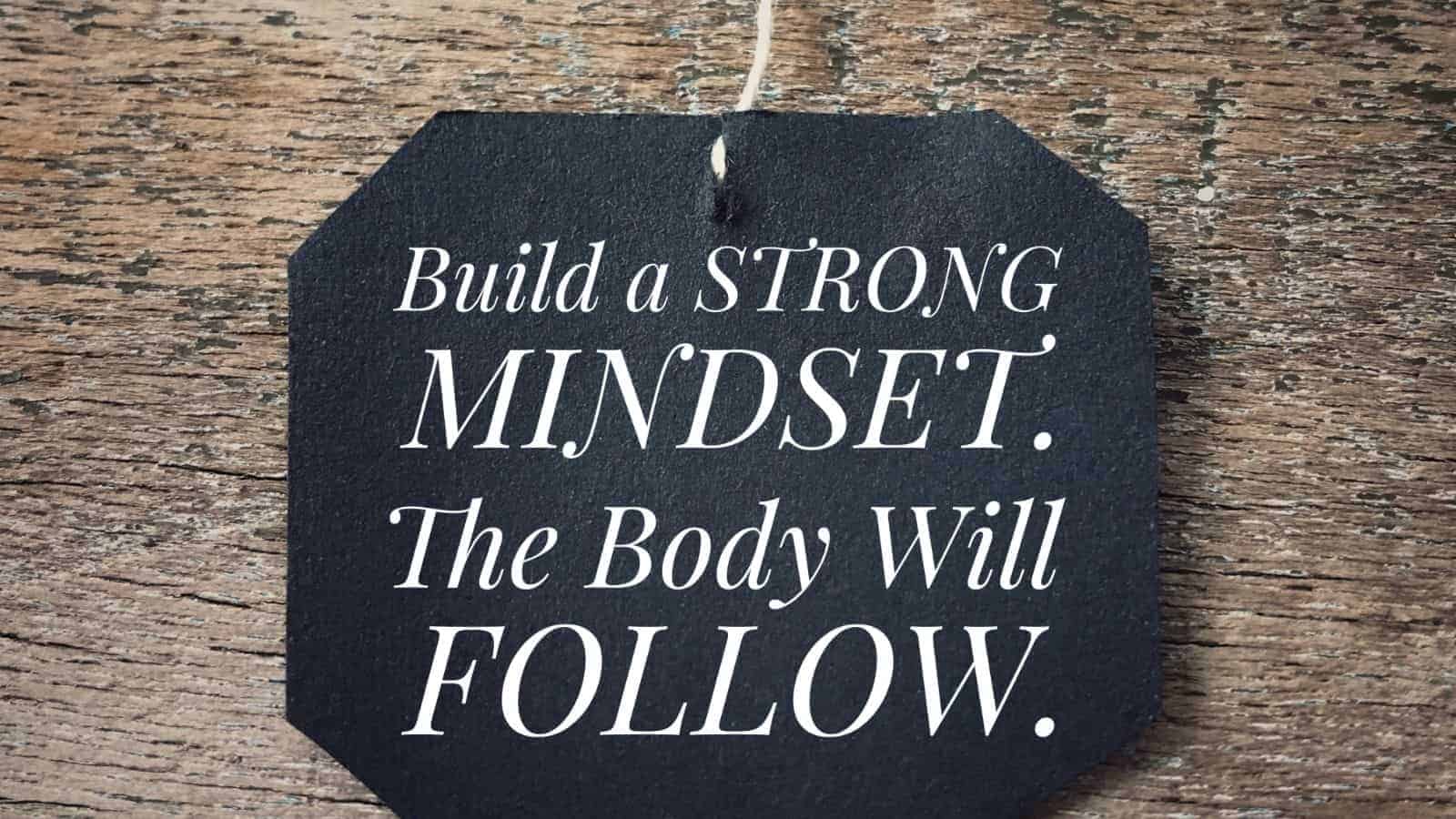Believe it or not, many of us have forgotten how to breathe in the modern world, and this can cause chronic digestive issues. Breathing and digestion are more interconnected than you might think. When you’re stressed out, you tend to take short, shallow breaths, raising your cortisol levels.
In turn, this triggers an inflammatory response in your gut, causing symptoms such as constipation, diarrhea, indigestion, abdominal pain, and nausea. In some severe cases, decreased blood flow and oxygen generated by high cortisol can lead to IBS, ulcers, or acid reflux.
Connecting Chronic Digestive Issues to the Brain
Since the brain and digestive system communicate almost constantly, it’s easy to see why stress would impact gut health. Many scientists refer to the gut as our “second brain” since it contains more neurons than the spinal cord and peripheral nervous system.
Containing a whopping 100 million neurons, our second brain controls digestive behavior and carries information to our “other brain” via the vagus nerve. The gut uses more than 30 neurotransmitters and houses 95% of the body’s serotonin. As such, our emotions impact both our digestive system and mental health in profound ways.
As mounting evidence shows, eating a balanced diet and exercising will improve mental and physical health. However, sometimes that isn’t enough on its own to eliminate stress and anxiety. We need an arsenal of resources available to heal our minds, bodies, and souls in our modern world. Below, we’ll show you how a simple breathing technique can improve your digestive health and calm your brain.
Beat Chronic Digestive Issues With This 4-Step Breathing Method
Before learning the breathing technique, you must reconnect with your mind and body. The first three steps will show you how to calm any mental restlessness and tune into your intuition. By doing this, better breathing will come naturally.
1 – Listen to your feelings.
Our modern world isn’t very conducive to emotional or mental healing, quite honestly. Profits and productivity often come before overall wellness, and we’re paying a steep price. We’re suffering from numerous diseases of modernity, in large part because of unrealistic expectations and sedentary living. These stresses take a toll on our mental and physical health, so much so that we forget our intuition entirely.
The modern world disconnects us from our spirits, but that doesn’t mean we can’t become in tune with them again. For a few minutes a day, check-in with yourself and see how you’re feeling. No matter what emotions arise, don’t fight them. Breathe through them and remind yourself that you’re worthy and safe.
Breathing through the feelings rather than running from them enhances our resilience and inner fire. Just remember that you’re a human being, and emotions don’t make you weak. The modern world may have you believe otherwise, but your inner self knows best. Getting back in touch with your emotional side can help you heal any chronic digestive issues.
2 – Tune into your body.
After checking in with your mental health, now it’s time to heal your relationship with the body. We’re far too sedentary in modern life, which explains much of the health crises we’re facing. Our bodies were designed for near-constant activity so that we wouldn’t pay much attention to our thoughts. In this world, however, it’s reversed; our bodies are stationary while our minds are restless, which can cause chronic digestive issues and other disorders.
Even if you have a desk job, you can still keep physically active. Before or after work, engage in some activity you enjoy. Go for a run or walk, dance, stretch, or do yoga. If you make the exercise a part of your routine and don’t view it as a chore, your body will heal naturally. The key to choosing an activity that doesn’t feel like a bootcamp. Please don’t torture yourself with it; be one with it.

3 – Accept any feelings that arise.
Many emotions will probably crop up after you’ve tuned into your mental and physical health. Some people even cry or feel an intense release after working out, likely due to endorphins. Whatever arises, sit with it and accept it. Remember that what you resist persists, so never fight your natural emotions. Our feelings aren’t permanent, anyway, so if we can learn to observe them, they will dissipate on their own.
4 – Now, breathe.
You may ask, “Well, how should I breathe?” This is a good question because many people breathe incorrectly, which only exacerbates anxiety and stress. For starters, you should only breathe through your nose, not your mouth. When you breathe through your mouth, the breath gets trapped in your upper chest and can induce anxiety. Breathing through your nose, however, allows the breath to travel to your diaphragm and activate the parasympathetic nervous system. Relaxing the body will help alleviate any chronic digestive issues and tension.
Breathing through the nose also lowers inflammation, improves oxygen levels, and relaxes the body for sleep.
You can also try a yogic breathing exercise called alternate nostril breathing. This helps balance the mind, regulate the breath and relax the nervous system. To do this, cover your right nostril with your thumb, close your eyes, and inhale through your left nostril. Exhale through the left nostril, release your thumb and cover your left nostril with your ring finger. Repeat on the right nostril, performing five to nine rounds of alternate breathing.
It’s best to perform this breathing exercise in the morning, so you’re refreshed and balanced for the day ahead. However, you can always tune into your breath throughout the day and make adjustments as necessary. No matter what you’re doing, breathe slowly and deeply. Remember, nature doesn’t rush but seems to accomplish everything nonetheless.
Final Thoughts on Healing Chronic Digestive Issues Through Breathing Techniques
Who would’ve thought that just remembering to breathe could heal chronic digestive issues? It’s incredible how turning inward and honoring our feelings can lead to profound healing on many levels. Breathing slowly through the nose can realign the mind and body, allowing us to feel recharged and relaxed.
The modern way of life may not honor the human spirit, but that doesn’t mean we can’t take our power back. This simple healing technique can help you overcome chronic digestive issues, stress, or anything else causing you discomfort. May all beings be free from suffering.






















